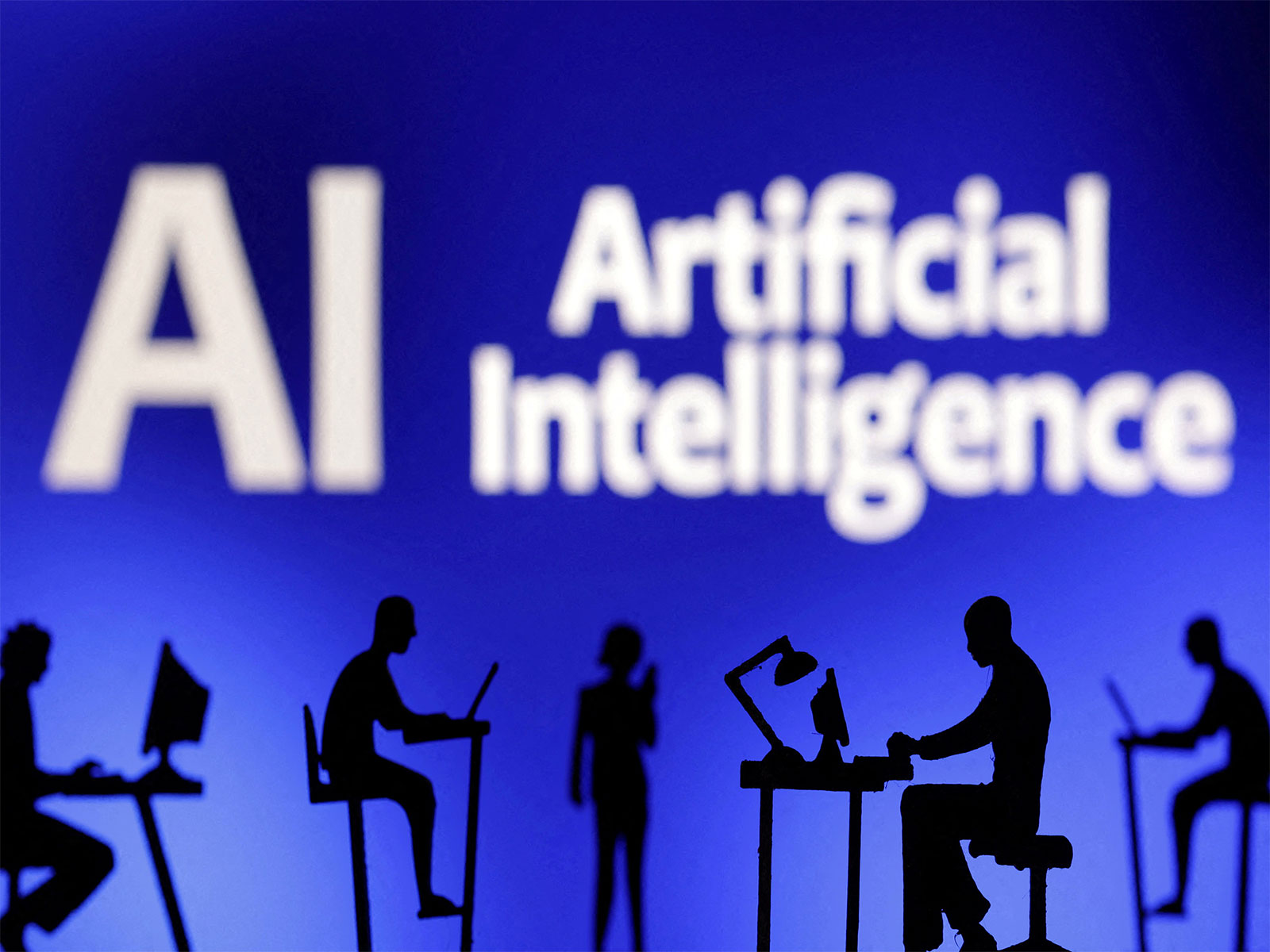Nearly 46% of business leaders now leverage Gen AI on daily basis: Report
Nov 04, 2025

New Delhi [India], November 4 : Generative Artificial Intelligence (Gen AI) is no longer an experiment; it has become an integral part of daily work across various industries. According to the latest Wharton Human-AI Research report, 46 per cent of business leaders now use Gen AI every day, marking a 17-point jump from last year, while more than 80 per cent engage with it weekly.
The report highlights that seniority also shapes optimism; 56 per cent of vice presidents and above believe their organisations are adopting Gen AI faster than others, compared to only 28 per cent of mid-level managers.
Seventy per cent of leaders expect a strong or even revolutionary impact on their industries in the coming years, and 88 per cent plan to increase spending within the next year.
Executive involvement in Gen AI adoption has climbed to 67 per cent, and 60 per cent of enterprises now have Chief AI Officers. Over 60 per cent of companies have data security and employee training policies in place.
Many business leaders now identify as competent or expert users, especially in operations, IT, and legal functions.
However, adoption is uneven, as IT and procurement departments lead in both usage and confidence, while marketing, sales, and operations continue to lag behind. Large companies have now caught up with smaller firms, but industries like tech, telecom, and banking still outpace manufacturing and retail.
The research indicates that accountability has replaced initial enthusiasm as the new focus. Nearly three-fourths of business leaders now track clear ROI metrics such as profitability and productivity. "Budget discipline and ROI rigour are becoming the operating model for Gen AI investment," the report states.
About three-fourths of respondents already see positive ROI, with four in five expecting stronger results within two to three years. Smaller and mid-sized firms report faster payoffs than large corporations, which are still struggling to navigate integration challenges. Tech, telecom, and finance remain ahead in realizing financial benefits, while manufacturing and retail are progressing more slowly due to their complex operations.
The report warns that the human side of AI adoption could determine success or failure. Many leaders acknowledge that morale, training, and clear role design are key to sustaining progress. The report states that, "The human capital factors of talent, training, and trusted guardrails directly impact the speed and success of Gen AI adoption."
Within just a year, enterprise adoption of Gen AI has accelerated sharply, moving from pilot projects to core operations. The report shows that familiarity and confidence are growing fast. The most common uses of Gen AI, such as data analysis, document summarization, and writing, are also those rated most effective. "Teams are seeing tangible wins folding Gen AI into existing workflows," the report notes.


















